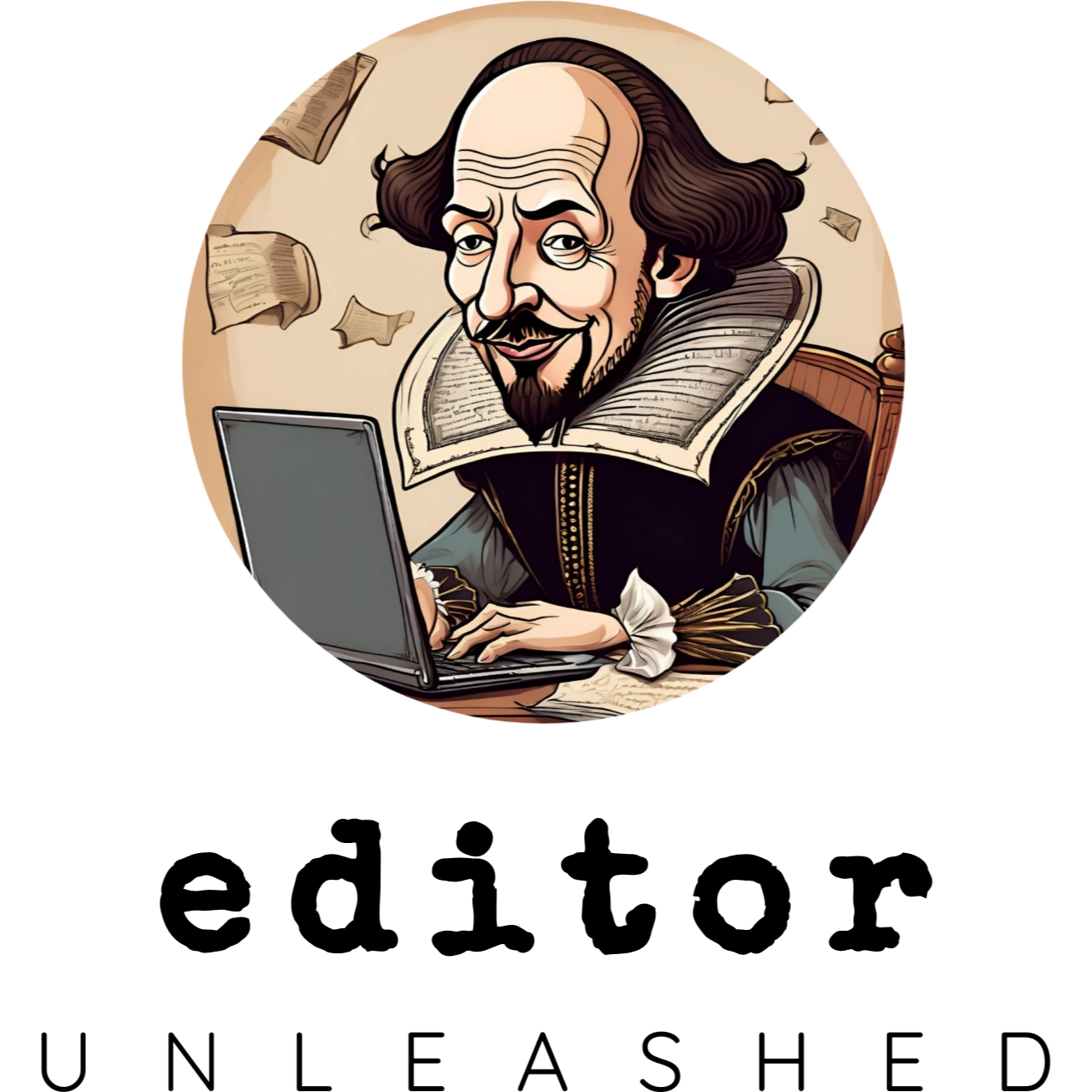Fyodor Dostoevsky’s The Brothers Karamazov isn’t just a novel—it’s a warning about what happens when society turns its back on God. Written in 1880, this book is a gut-punch to the rising tide of atheism and moral relativism Dostoevsky saw swallowing Russia. Let me be clear: if you’ve ever wondered why the world feels like it’s spinning into chaos, this story lays bare the rot that festers when we abandon faith. 😡 The central question? Can morality exist without God? Spoiler: Dostoevsky screams “No!” through every page.
The story revolves around three brothers: Dmitri, Ivan, and Alyosha, each wrestling with their father’s legacy of greed and depravity. Dmitri’s a hotheaded sensualist, Ivan’s a tortured intellectual, and Alyosha—the heart of the novel—is a young monk clinging to Christian truth like an anchor in a storm. 🌪️ Their father, Fyodor, is a walking indictment of godlessness: a drunk, a liar, a man who mocks everything sacred. Without spoiling the plot, let’s just say his sins set off a chain reaction that forces each son to confront their own beliefs.
What makes this book so urgent? Dostoevsky doesn’t shy away from the consequences of rejecting God. Ivan, the atheist brother, delivers a blistering rant about suffering—especially the suffering of children—and uses it to argue against a benevolent Creator. 😤 It’s a seductive, rage-fueled argument, one that’s eerily familiar in today’s culture of “Why would God allow _?” But here’s the thing: Dostoevsky doesn’t let Ivan off the hook. The man’s intellect becomes a prison. His pride blinds him to the truth that without God, his cries for justice are meaningless. Who defines “good” if we’re just cosmic accidents?
Alyosha, meanwhile, is the antidote. He doesn’t debate; he lives his faith. He serves the broken, forgives the unforgivable, and radiates a quiet strength that even skeptics gravitate toward. In a world obsessed with “self-fulfillment,” Alyosha’s humility is revolutionary. Dostoevsky shows us that faith isn’t about having all the answers—it’s about surrendering to a love bigger than our doubts.
But let’s not sugarcoat it: this book is hard. Dostoevsky forces you to stare into the abyss of human evil. There’s a scene involving a grieving mother and a child’s funeral that’ll wreck you. 😢 And yet, isn’t that the point? When we ignore sin’s reality, we become numb to the very grace that saves us. The novel’s raw honesty about suffering is a mirror held up to our own brokenness.
Here’s where I get fired up: modern culture treats faith like a relic, something to “outgrow.” But Karamazov exposes that lie. Ivan’s “enlightened” atheism leads to despair, not freedom. Dmitri’s pursuit of pleasure leaves him empty. Only Alyosha—the one rooted in Christ—finds peace. Dostoevsky’s message? Without God, we’re just animals fighting over scraps. Morality becomes a game. Life loses its sanctity. Sound familiar?
The book’s timing matters. Written on the brink of the 20th century, it foreshadows the moral free fall of communism, abortion, and every ideology that puts man above God. Dostoevsky knew what was coming. He saw how “progress” without truth becomes tyranny. And here we are, decades later, watching his warnings play out in real time. 😡
Some critics label the book “preachy” or “melodramatic.” Indeed, the dialogue can sometimes feel like a sermon, and Alyosha’s near-perfect goodness might unsettle readers who want more nuanced protagonists. Yet that is exactly the point: we’ve grown so accustomed to flawed antiheroes that genuine virtue can feel unsettling. It’s Alyosha’s calm, moral center that holds the entire narrative together. Without him, the story risks slipping into needless despair.
—
Thoughts so far? Does this resonate, or am I just shouting into the void? 😅 Stay tuned for the second half, where I’ll dig into why this book should send you sprinting to Scripture—and how it exposes the dead end of “moral relativism.”
Let’s cut deeper. 🔪 Remember Ivan’s infamous “Grand Inquisitor” chapter? That’s where Dostoevsky drops a nuclear truth bomb. Ivan imagines Christ returning during the Spanish Inquisition—only to be imprisoned by a Church leader who accuses Him of daring to give humans free will. “You overestimated mankind,” the Inquisitor sneers. He argues that people don’t want freedom; they want bread, miracles, and authority to silence their doubts. And honestly? Look around. How many today trade eternal truth for comfort, for political slogans, for the right to “choose” death over life? 😤 The Inquisitor’s logic is satanically brilliant—a blueprint for every tyranny that replaces God with the State.
But here’s the kicker: Ivan, the atheist, writes this story. He thinks he’s exposing religion’s hypocrisy. Yet Dostoevsky flips the script. The Inquisitor isn’t a critique of faith—he’s a warning about what happens when we reject it. Without Christ, power corrupts absolutely. The chapter’s a direct challenge: Do you trust God enough to let people choose Him freely, or will you play dictator to “save” them from themselves?
Now, let’s talk about Smerdyakov—the illegitimate brother. Raised in shame, he absorbs Ivan’s “If God doesn’t exist, everything’s permitted” mantra like poison. I won’t spoil what he does, but let’s just say… actions have consequences. 😶 When you teach a generation there’s no sin, only “choices,” don’t act shocked when they choose evil. Smerdyakov’s descent isn’t just about him—it’s about the cultural rot we’re swimming in. Abortion, euthanasia, the glorification of selfishness—it’s all here, folks. Dostoevsky saw us coming.
And Dmitri? His arc is pure Romans 7: “For I do not do the good I want to do, but the evil I do not want to do—this I keep on doing” (Romans 7:19 NIV). He’s a man chained to his passions, screaming for redemption but too proud to kneel. There’s a trial scene that’ll leave you breathless—not because of the verdict, but because of what it reveals about human nature. We’re all guilty. We’re all broken. And without grace, we’re all damned.
People have called this book “dark” or “depressing.” Really? 😒 When a surgeon cuts out cancer, do you blame him for the blood? Dostoevsky’s exposing the infection—the pride, the lust, the despair—so we’ll run to the cure. Alyosha’s final act in the book isn’t some grand sermon. He gathers a group of broken boys and tells them they’re loved. That’s it. That’s the answer. 💒 Not arguments, not politics—love. The kind that sacrifices, that stays, that refuses to abandon even the worst of us.
Compare that to today’s “Christianity.” We’ve got pastors bending over backward to make faith “relevant,” watering down sin until it’s a buzzword. Dostoevsky would’ve vomited. 🤮 The Church isn’t a social club—it’s a lifeline. Alyosha doesn’t compromise truth. He lives it, even when it costs him everything.
So why read this after the Bible? When’s the last time a sermon made you sob at 2 a.m.? When’s the last time a tweet made you question your soul? This book is a wrecking ball to complacency. It doesn’t just tell you hell is real—it shoves your face into the smoke. 🔥 And then, mercifully, it points you back to the Cross.
Final verdict? Read it. But brace yourself. This isn’t escapism—it’s a battlefield. Dostoevsky will force you to pick a side: Christ or chaos. There’s no middle ground. And if you finish it and still think we can “save ourselves” through politics, science, or hashtag activism, you’ve missed the point entirely.
So what’s next? Crack open Scripture. Start with John’s Gospel—“For God so loved the world that he gave his one and only Son, that whoever believes in him shall not perish but have eternal life” (John 3:16 NIV)—then Romans, where Paul dismantles human pride: “For all have sinned and fall short of the glory of God” (Romans 3:23 NIV). Let God’s Word do what no novel ever could: save you. Because here’s the cold, hard truth Karamazov screams: Without Jesus, we’re just Fyodor—drunk on sin, laughing as the world burns. With Him? We become Alyosha: flawed, yes, but finally free.
Still think faith is a crutch? 🤔 Let me ask you this: If morality’s just a human invention, why does injustice make your blood boil? Who put that law on your heart? “They show that the requirements of the law are written on their hearts, their consciences also bearing witness” (Romans 2:15 NIV). Think on that.


